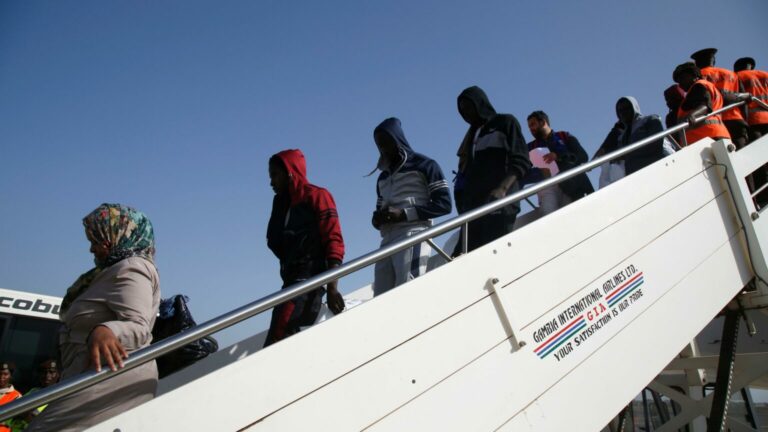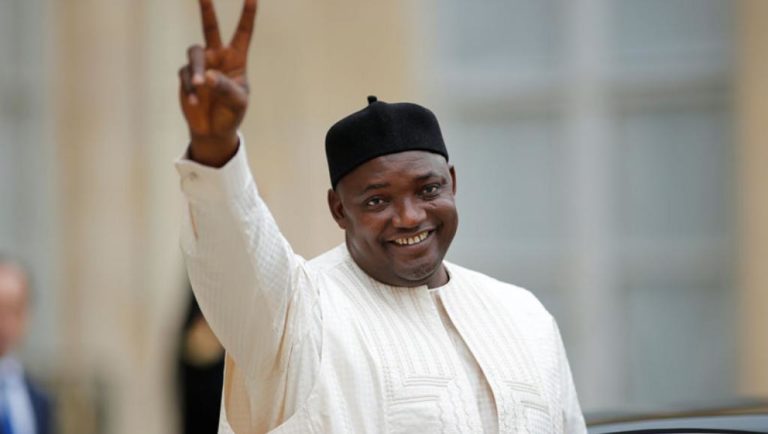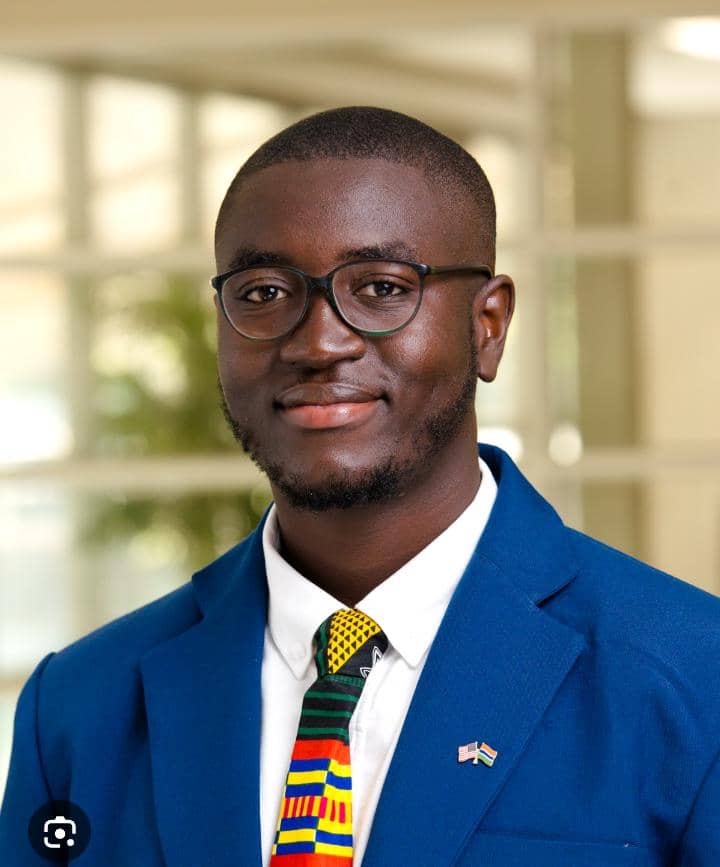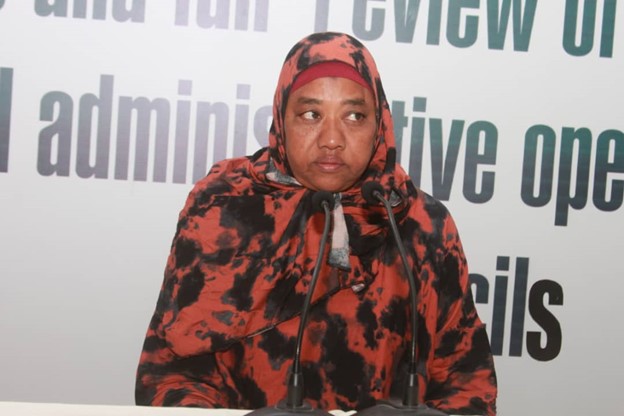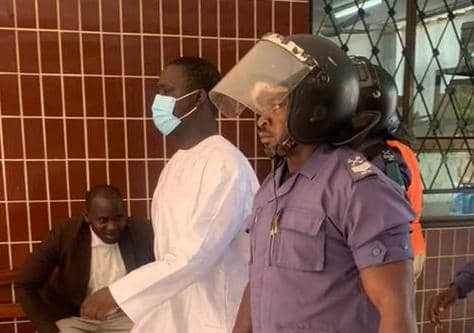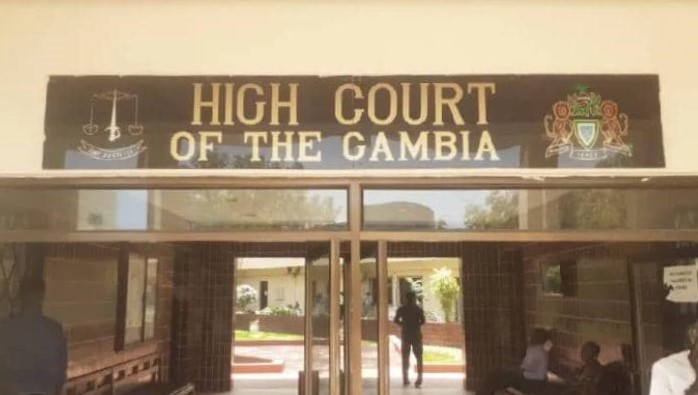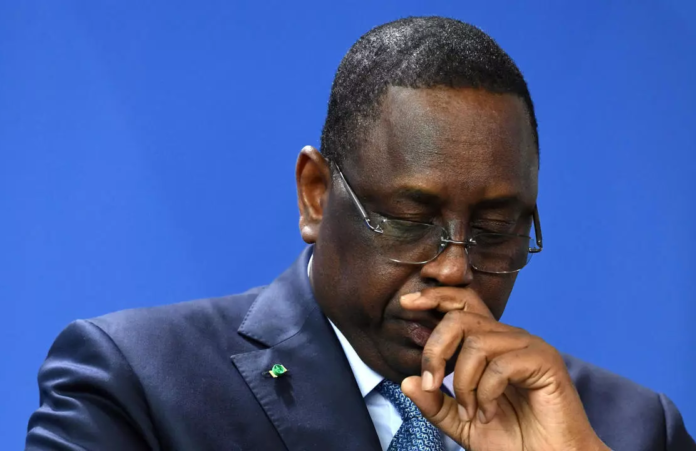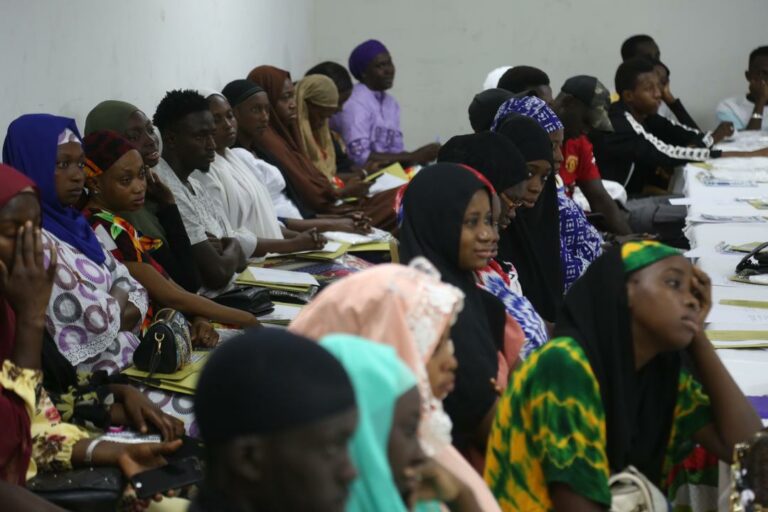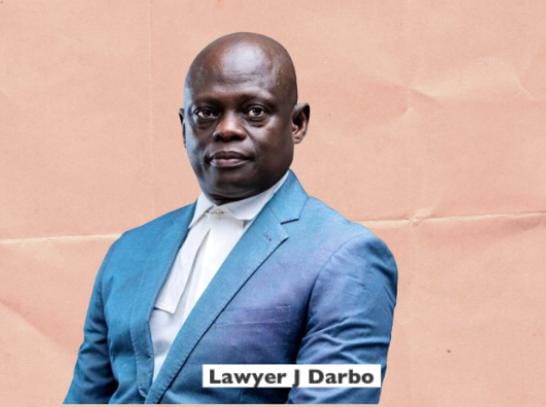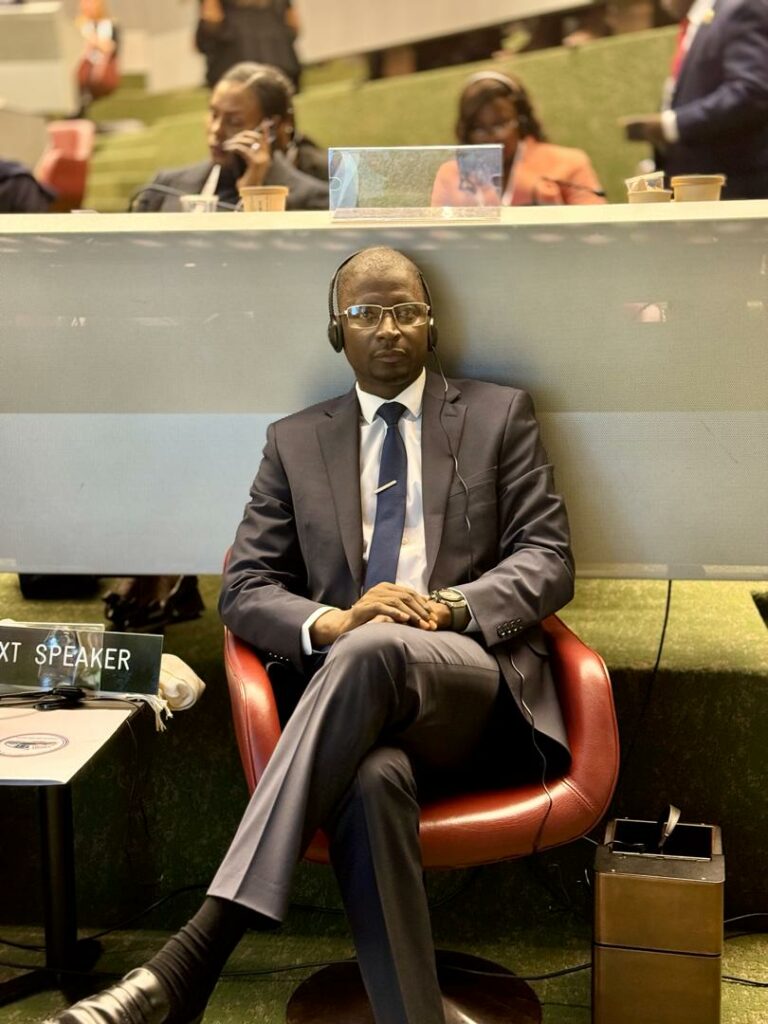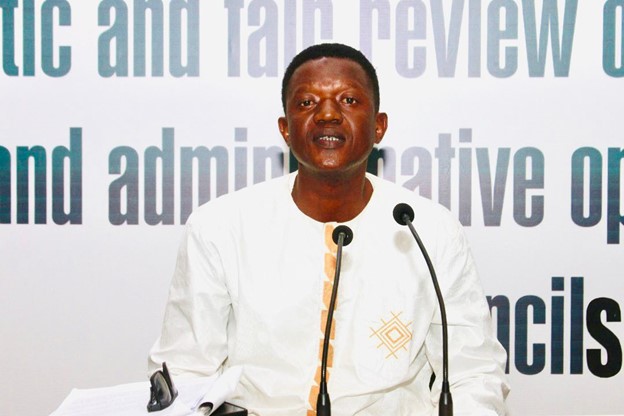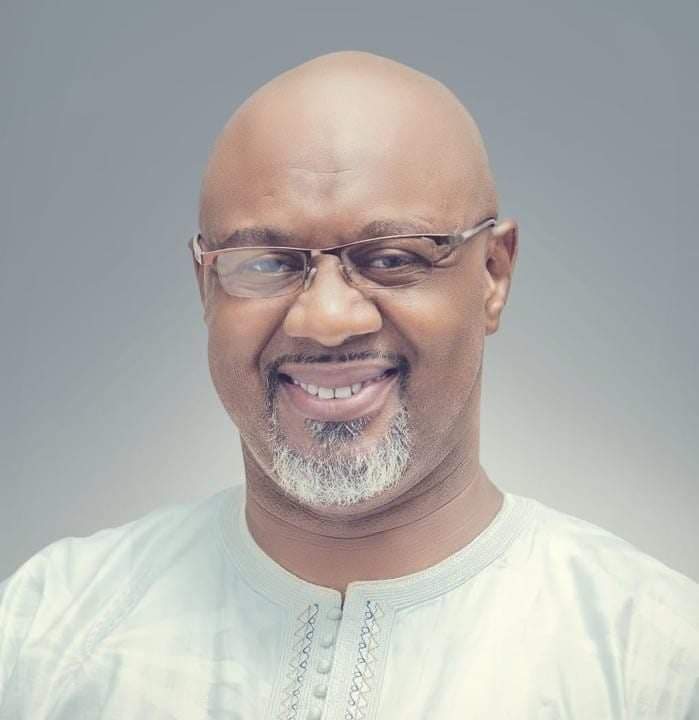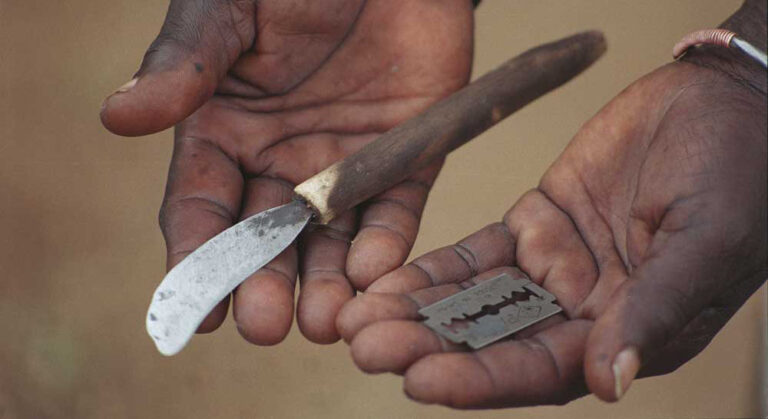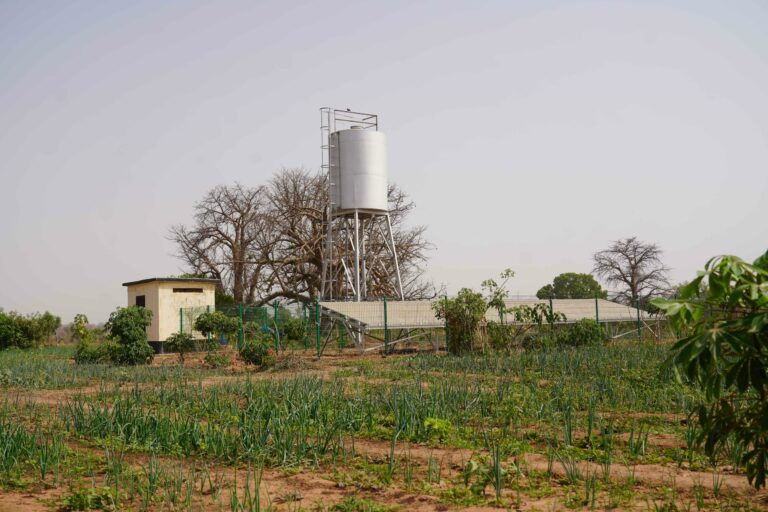OPINION
EU’s Mass Deportations of Gambian Immigrants: A Violation of Human Rights
By Yahya Sonko, Migration & Human Rights Activist, Germany
In recent years, the European Union (EU) has intensified its mass deportations of Gambian immigrants residing within its member states, purportedly under the guise of agreements aimed at fostering good practices. However, the stark realities on the ground paint a picture of flagrant disregard for fundamental human rights and a failure to uphold the principles enshrined in international law.
Germany, in particular, has been at the forefront of these deportation efforts, with over 1,800 Gambian immigrants forcibly removed from its soil through chartered deportation flights and commercial means. Italy and Sweden have also partaken in similar actions, citing agreements with the Barrow government as justification.
Central to these agreements was the EU’s commitment to providing support for the reception, reintegration, and development of communities of origin for returnees. Yet, the promises of sustainable reintegration have largely gone unfulfilled, leaving deportees stranded without adequate support upon their return to The Gambia.
Furthermore, despite assurances of due diligence and protection for vulnerable groups, numerous deportees have arrived back in The Gambia without proper assessment or consideration for their well-being. Tragically, incidents involving deportees with mental health issues have resulted in violence and even loss of life within Gambian communities, highlighting the grave consequences of the EU’s negligent deportation practices.
Moreover, reports of inhumane treatment and brutality at the hands of German police during deportation processes, such as the alleged torture of Saikou Kanteh, further underscore the systemic failures and violations of human rights inherent in these operations.
It is imperative that the EU acknowledges and rectifies these egregious actions, which not only undermine the principles of human dignity and equality but also perpetuate harm and suffering among vulnerable populations. As advocates for human rights and champions of global cooperation, the EU must hold itself to the highest standards of accountability and compassion in its treatment of migrants and refugees.
The time for meaningful reform and genuine respect for human rights in deportation practices is long overdue. The EU must heed the calls for justice and take immediate action to address the systemic failures that have resulted in the victimization of Gambian immigrants and their families.

